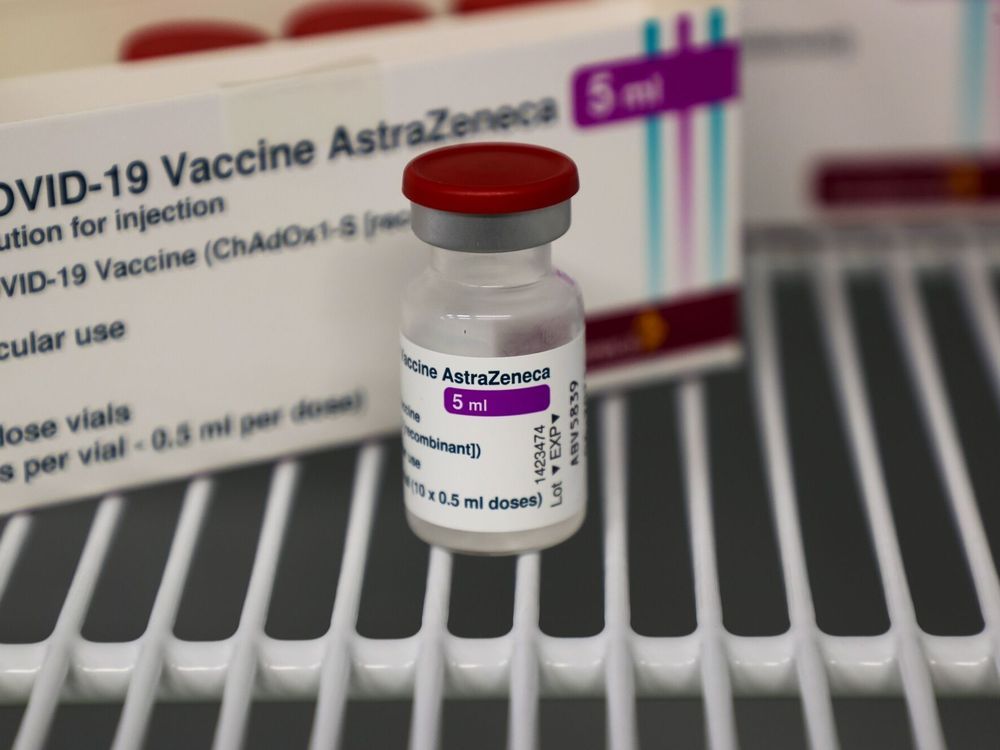Published Jan 07, 2025 • 2 minute read

With the arrival of frigid temperatures, there has been a rise in a condition that only affects men.
Advertisement 2
THIS CONTENT IS RESERVED FOR SUBSCRIBERS ONLY
Subscribe now to read the latest news in your city and across Canada.
- Unlimited online access to articles from across Canada with one account.
- Get exclusive access to the Toronto Sun ePaper, an electronic replica of the print edition that you can share, download and comment on.
- Enjoy insights and behind-the-scenes analysis from our award-winning journalists.
- Support local journalists and the next generation of journalists.
- Daily puzzles including the New York Times Crossword.
SUBSCRIBE TO UNLOCK MORE ARTICLES
Subscribe now to read the latest news in your city and across Canada.
- Unlimited online access to articles from across Canada with one account.
- Get exclusive access to the Toronto Sun ePaper, an electronic replica of the print edition that you can share, download and comment on.
- Enjoy insights and behind-the-scenes analysis from our award-winning journalists.
- Support local journalists and the next generation of journalists.
- Daily puzzles including the New York Times Crossword.
REGISTER / SIGN IN TO UNLOCK MORE ARTICLES
Create an account or sign in to continue with your reading experience.
- Access articles from across Canada with one account.
- Share your thoughts and join the conversation in the comments.
- Enjoy additional articles per month.
- Get email updates from your favourite authors.
THIS ARTICLE IS FREE TO READ REGISTER TO UNLOCK.
Create an account or sign in to continue with your reading experience.
- Access articles from across Canada with one account
- Share your thoughts and join the conversation in the comments
- Enjoy additional articles per month
- Get email updates from your favourite authors
Article content
Article content
Article content
“Winter penis” is essentially the shrinkage of male genitals due to a sharp drop in temperature as the cold restricts blood flow to the area.
“When it’s cold out, your body limits blood flow to extremities like fingers, toes, and, yes, your penis to retain heat in your vital organs,” India-based sexologist Saransh Jain explained, according to the Daily Mail.
Jain added that the reaction, known as vasoconstriction, causes blood vessels to constrict, limiting blood flow to the penis.
What happens is that “the shaft of the penis and testicles move closer to the body to maintain the optimal temperature for sperm production” — a natural response to help protect sperm and testes, Jain detailed.
Most men experience the condition briefly and occasionally, though it can be worse for those with underlying erectile dysfunction.
Advertisement 3
Article content
Nearly 50% of men in Canada, between the ages of 40 and 88, suffer from erectile dysfunction, according to the Canadian Men’s Health Foundation.
These men could find their condition more difficult to manage as the weather becomes increasingly cold.
The shrinkage can be pretty significant, with some seeing a size reduction of up to 50%.
RECOMMENDED VIDEO
We apologize, but this video has failed to load.
And because of the limited blood flow, affected men could find it more of a challenge to maintain an erection.
So, what’s a guy to do?
The obvious fix, resulting in the penis returning to its normal size, is getting the man to warm up.
“The effects are only temporary and do not cause any long-term changes,” Jain said of winter penis.
Recommended from Editorial
-

Doctor warns of 'winter penis' as temperatures begin to dip
-

Having ‘Britain's biggest penis’ not as swell as you might think
-

Finnish skier's penis was 'a little bit frozen' at start of mass race
Jain also suggested that men wear insulated underwear and pants, limit time in frigid temperatures when possible, and that they drink a lot of water as “dehydration exacerbates the effects of vasoconstriction.”
As for men who experience a longer-term change in the shape of their genitals, or the blood flow appearing to not go back to normal, they should speak to a medical professional.
For more health news and content around diseases, conditions, wellness, healthy living, drugs, treatments and more, head to Healthing.ca – a member of the Postmedia Network.
Article content
.png)
 3 days ago
12
3 days ago
12





































 Bengali (BD) ·
Bengali (BD) ·  English (US) ·
English (US) ·